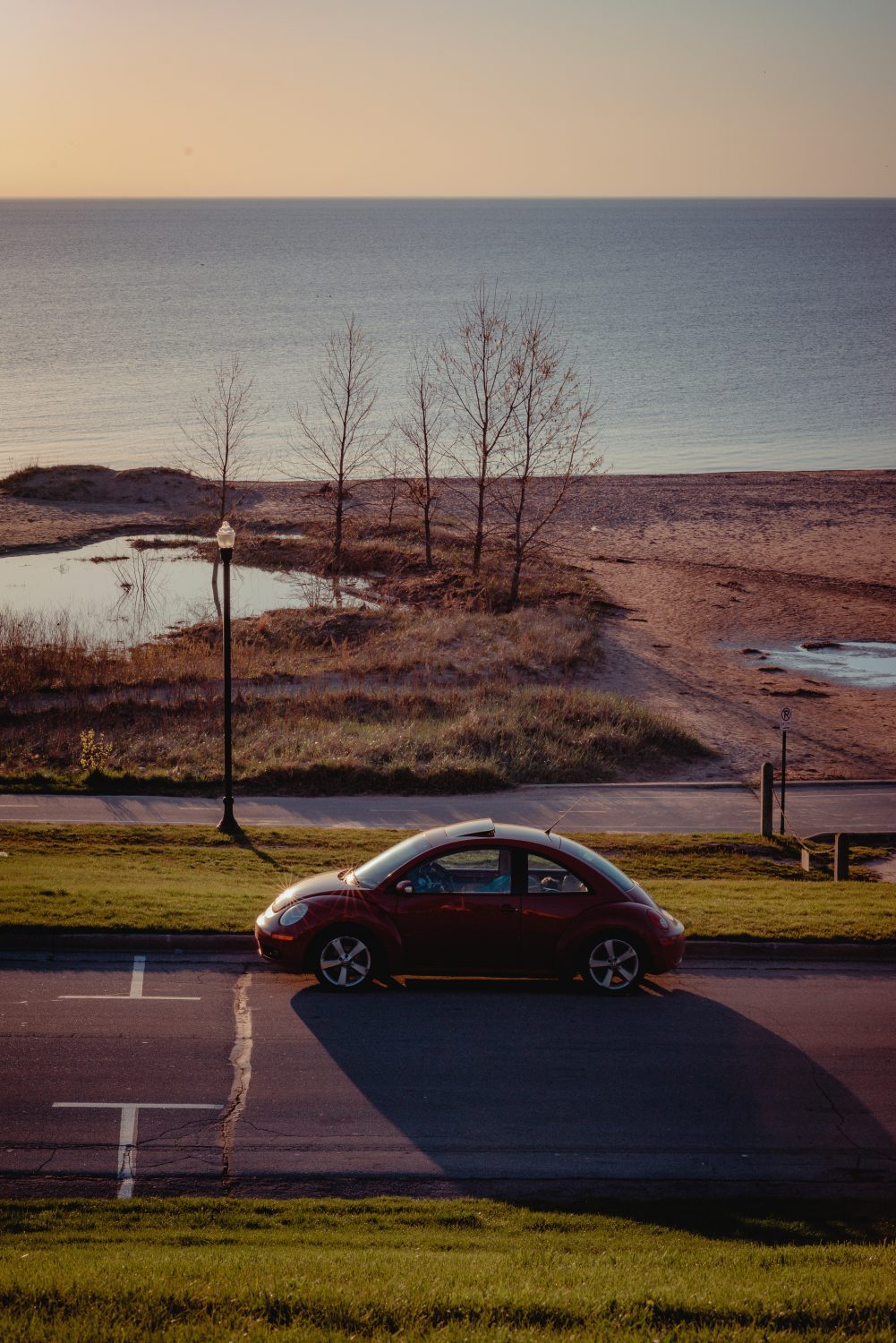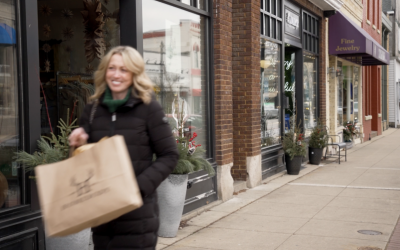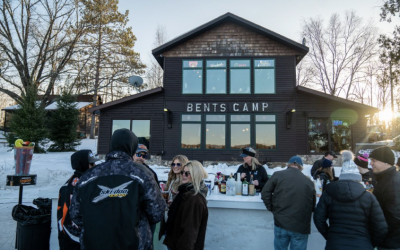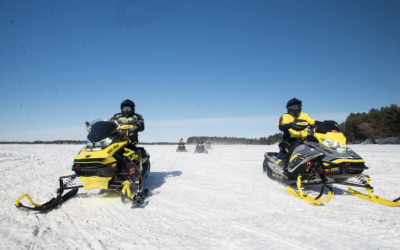Most of us stayed home last summer, and even if we got out of the house, it was probably because we had to, not because we wanted to. That means we’ll be releasing a lot of pent-up energy and wanderlust this year, as reflected in higher prices for airline tickets, gasoline, cruise berths, and hotels.
As of mid-June, airfare was up 7% month-over-month and 24% from June 2020, while car rental prices were up 12.1% and 110%, respectively, and gasoline had risen 56% since last June.
So what’s a road warrior to do? For one thing, think outside the box. It’s easy to fall back on old standbys like beaches and national parks, but high-demand destinations are likely to be more expensive — if you can even get reservations at all.
Why head to Florida when the beaches will be packed and the sun feels like a sauna? Instead, look for hidden gems and places that are off the beaten path. If you’re RVing or traveling by car, check out Wisconsin’s Great River Road or head up to Lake Superior. And above all, stay safe. If you haven’t been on the road in a while (or even if you have) here are some things to keep in mind.
Know What the Weather has in Store

Photo Credit: Sun Prairie, WI // Dave Hoefler via Unsplash
No matter the season, it’s a good idea to know what kind of weather to expect where you’re going. In summer, however, high temperatures are a primary concern, especially if you’ll be participating in outdoor activities. Heat-related illnesses, like heat exhaustion and heat stroke, can be deadly, especially for young children and aging adults.
When deciding where to spend your time off, check an online database for average temperatures at your destination, whether it be Phoenix, which has an average high of 106 in July and 104 in August, or Oshkosh, where you can expect a high of about 80 both months. (I know where I’d rather be!)
Download a reliable weather app with a good 10 or 14-day forecast function so you’ll know what to expect in the near term, as well. Some desert locations are prone to thunderstorms and flash flooding in the summertime, but you won’t find that kind of extreme weather in the Great Lakes region during the summer.
Observe the Rules of the Road
This might seem like a no-brainer, but it’s been a while since many of us have been out on the highway, and it’s important to know what to expect now that the roads are likely to be a lot more congested.
Different states have different speed limits and rules of the road, so do a little research before you cross the state line into New Jersey, where it’s against the law to frown at a police officer, or travel through Youngstown, Ohio, where it’s illegal to run out of gas.
Seat-belt laws vary from state to state, too, but one of the best safety steps you can take is to wear a seat belt, wherever you’re traveling. The most recent seat belt statistics show that seat belts saved almost 15,000 lives in 2017. That same year, child restraint systems saved 325 children’s lives.
Prepare Your Ride Before You Head Out

Photo Credit: Racine, WI // Alex Simpson via Unsplash
If your ride isn’t quite due for a regular inspection and oil change, it doesn’t hurt to bump it up a few weeks. It’s also a good idea to get your tires rotated and checked for low tread, uneven wear, and sidewall bulges. (Take a penny and insert it in your tread upside down: If the top of Lincoln’s head is showing, it’s time for new tires.) Don’t forget to have the spark plugs and brakes checked, too.
Be sure to take an emergency kit with you on the road and make a checklist of things you might need: Jumper cables, flashlight, extra coolant, jack and lug wrench, etc. If you want to have an extra backup, or just don’t like dealing with things like changing a tire, think about signing up for roadside assistance, which is available through most insurance companies and RV clubs.
Make Yourself Financially Safe
Start budgeting for your vacation months ahead of time, putting aside a little from your paycheck each time until you have enough to pay for everything you’re planning. If you plan to stay at a hotel on a weekend or during peak season, you’ll need a little extra. Check to see how much gas costs where you’re going, too: it can vary a lot depending on state taxes and availability.
You’ll want a cushion, too, in case something goes wrong or you run into something you hadn’t planned for. (Did you know that the deposits charged at hotels and rental car companies can take days or even weeks to credit back to your account?) That’s where having good credit can help. If you need a boost, a secured line of credit can help: in exchange for a deposit, you’ll gain access to a line of credit. Then, when you pay on time each month, you build up your credit.
Keep Yourself Healthy on the Road
COVID is still out there, so get vaccinated before you head out, and take reasonable precautions against other health threats that may be out there. It’s still a good idea to have hand sanitizer and disinfecting wipes on hand, as well as a mask or two in case you need it. For bumps and bruises, a first-aid kit is also a must.
There’s a lot to look forward to on the road this summer. Choose your destination, budget for your adventure, stay safe by observing the rules of the road, and keep yourself healthy. There’s a world of wonder that awaits, especially in Wisconsin. Go out there and discover it.
—

I’m Molly Barnes. For several years, I’ve had a yearning to wander and travel. A lot of people wait until retirement, but I really wanted to do it while I’m young. In mid-2018, my amazing boyfriend Jacob Welch and I decided to leave our desk jobs and make it happen. We spent a few months backpacking abroad. When we returned to the U.S., we bought a used RV, put our stuff in storage, and hit the road. (Of course, it wasn’t quite that simple. There was a LOT of planning beforehand!)
We are now full-time digital nomads, living in our rig, working remotely, and exploring different cities across the U.S. I’m a freelance writer, a vegan, and a bit of a coffee snob. Jacob is a web developer and thrill-seeker who loves rock climbing and outdoor sports. If you see two people at a dog park, petting all the dogs — that might be us.



